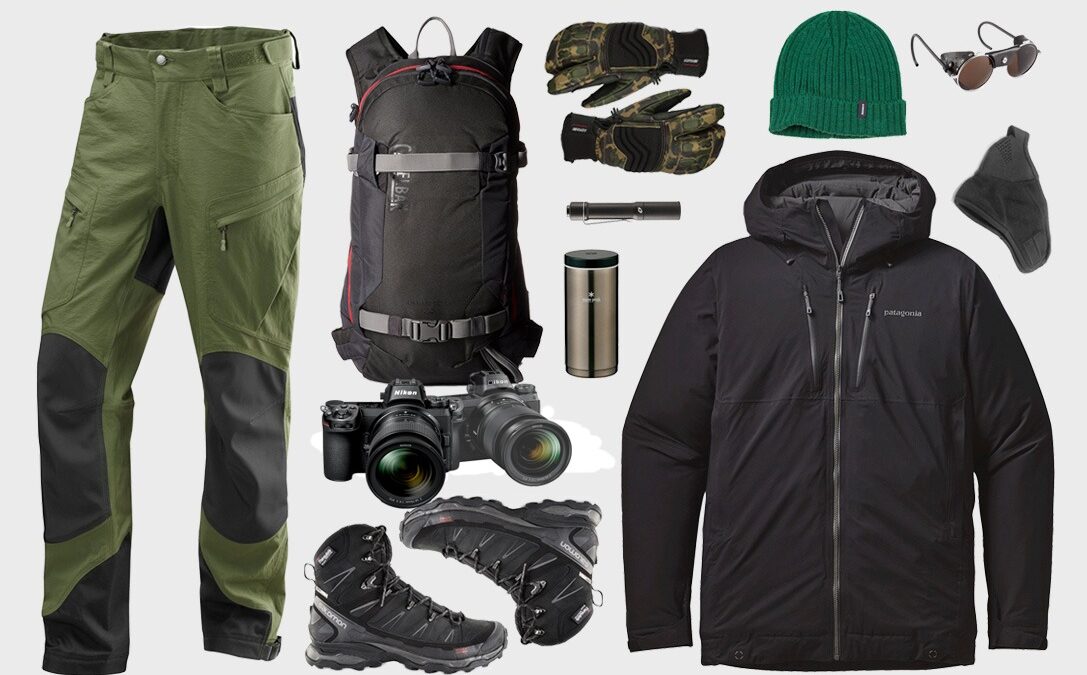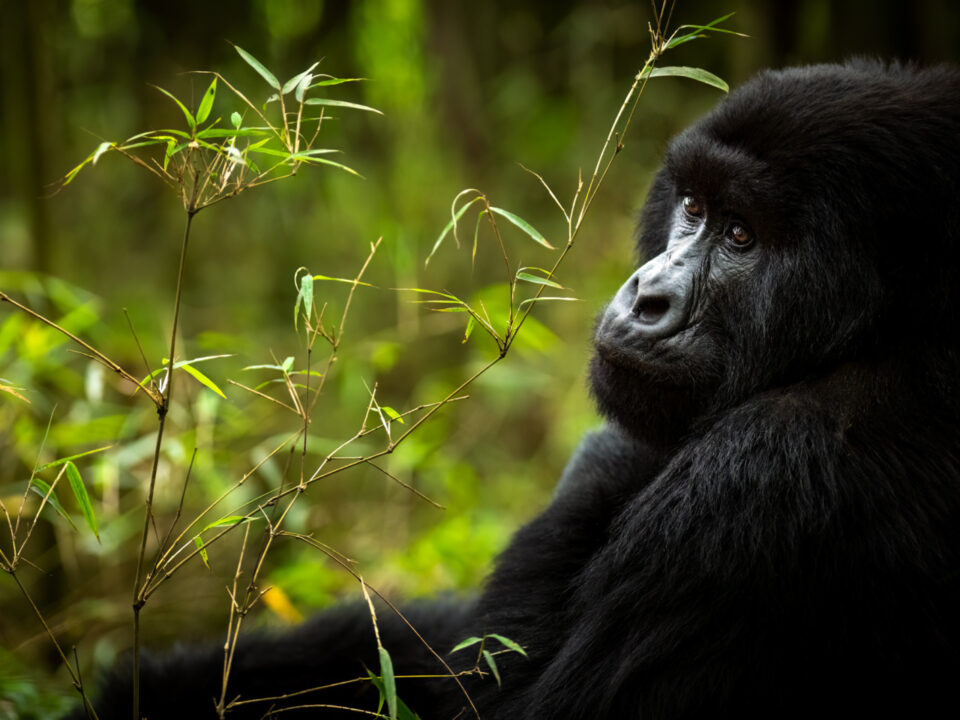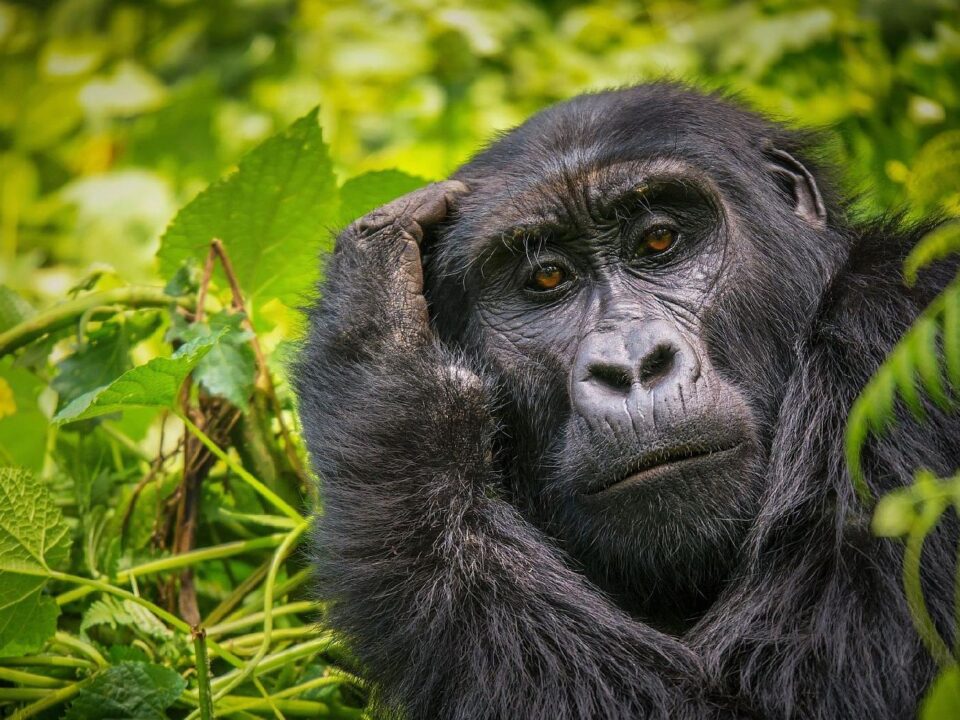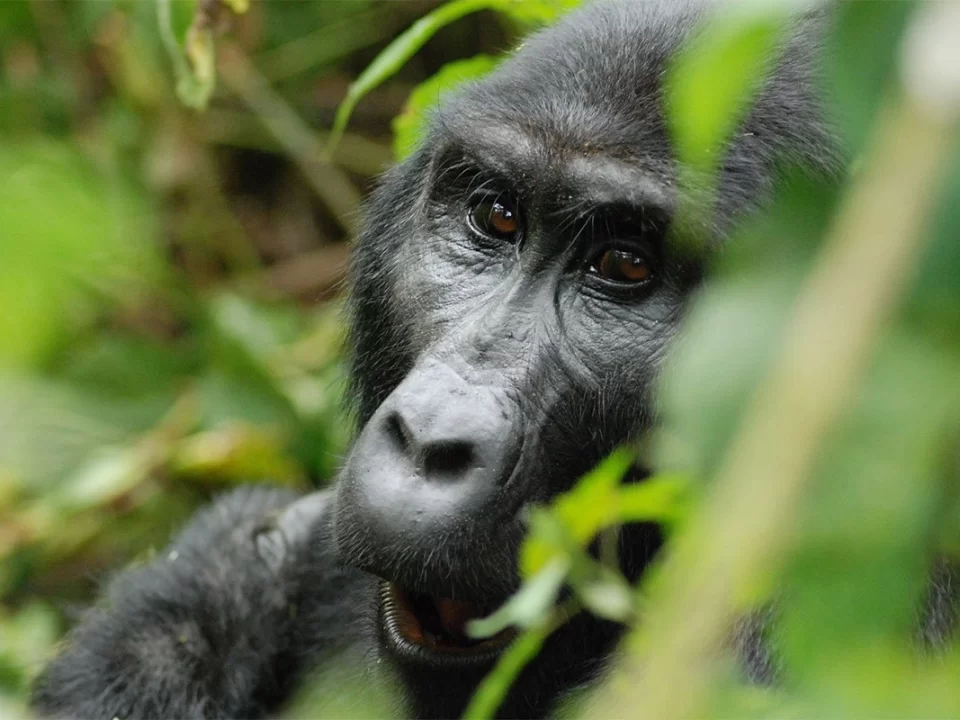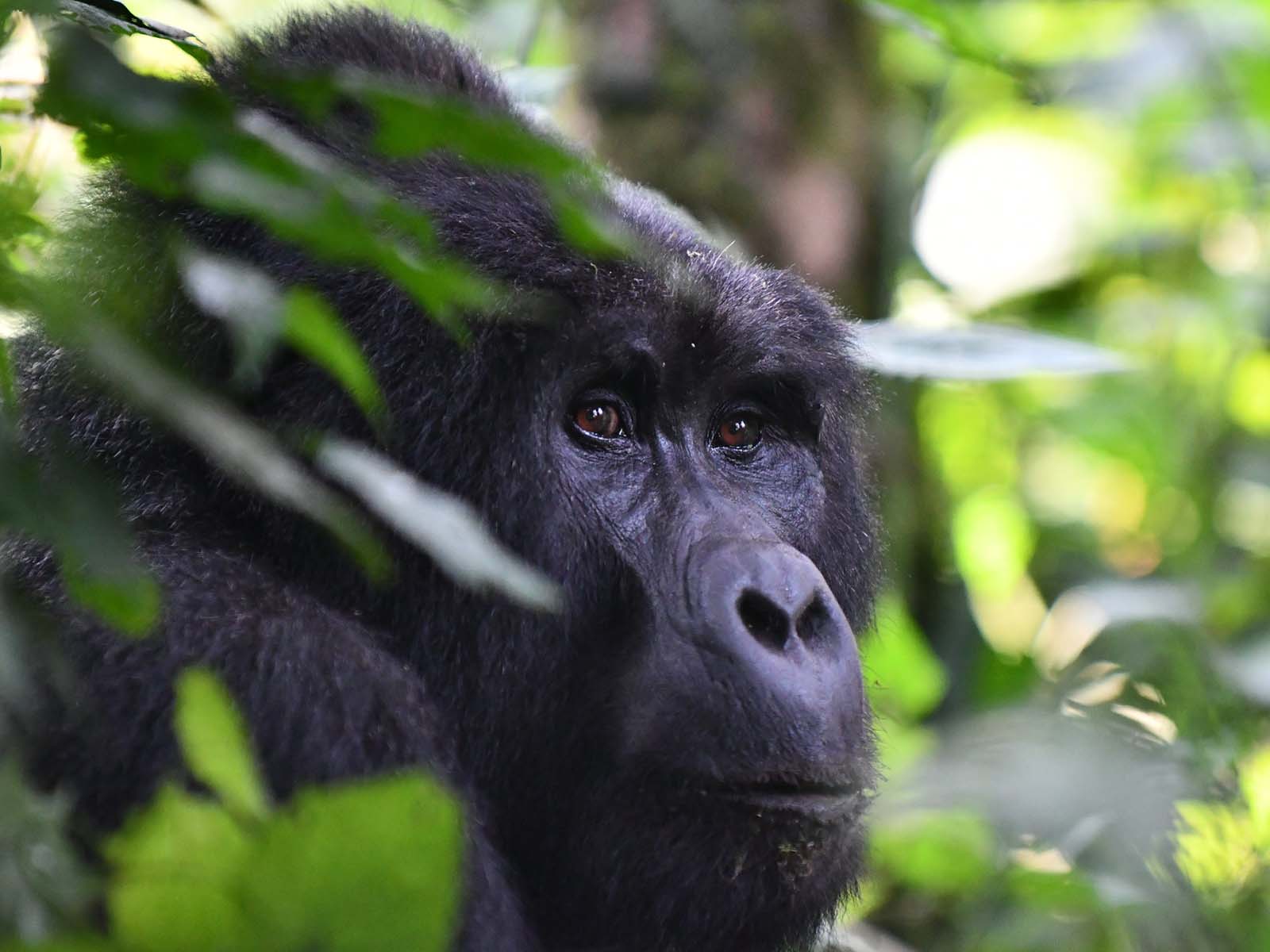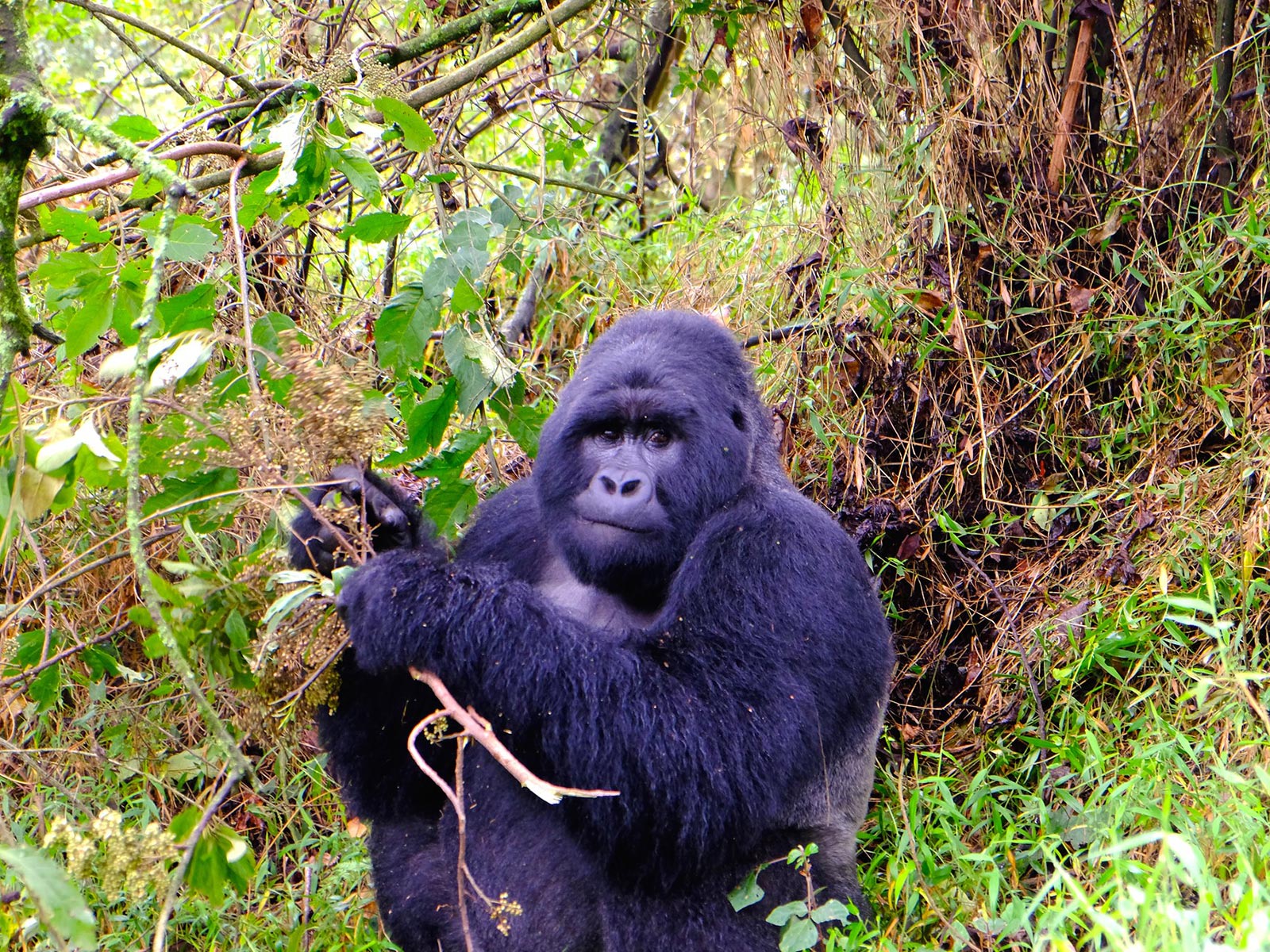Gearing Up for Gorilla Magic: A Comprehensive Ruhija Gorilla Safari Pack List
Embarking on a gorilla trek in the Ruhija sector is a dream realized for every tourist. The exhilaration of securing a gorilla permit is unparalleled, marking the commencement of a journey into the wild to encounter these majestic mountain gorillas. Yet, such remarkable experiences come with preparation. Knowing what to pack is crucial for a comfortable and unforgettable gorilla trekking safari, whether in Uganda or Rwanda. Embrace the mantra of “right” and “light” as you curate your packing list for this thrilling adventure. Below is a comprehensive guide to ensure your gorilla trekking safari is as seamless as it is memorable.
1. A Gorilla Permit: Your Golden Ticket to Adventure
Securing a gorilla permit is the foremost and non-negotiable step. This golden ticket grants you access to the awe-inspiring world of gorillas. Trek Africa Expeditions takes the responsibility of safeguarding these permits on behalf of tourists to avoid misplacement, ensuring a hassle-free journey.
2. A Valid Passport and Visas: Entry Essentials
Beyond the gorilla permit, possessing a valid passport with a minimum validity of 6 months from the entry date is imperative. Visa-prone nationalities must obtain Ugandan Visas for entry into the country.
3. Waterproof Backpack: Safeguarding Essentials
A waterproof backpack becomes your trusty companion, housing essential items such as cameras, binoculars, documents, packed lunch, and snacks. Trek Africa Expeditions can assist in acquiring a waterproof sack if needed.
4. Light Waterproof Hiking Boots: Tackling Challenging Terrain
Navigating through jungle paths demands sturdy footwear, especially during the rainy seasons. Light waterproof hiking boots offer the necessary support and protection.
5. Gaiters or Cotton Socks: Shielding Against Safari Ants
Long gaiters or socks provide a barrier against safari ants, ensuring a comfortable and bite-free gorilla trekking experience.
6. Light Rain Jacket/Poncho: Weather-Ready Attire
Equatorial forests where mountain gorillas reside are prone to rain. A light rain jacket or poncho ensures you stay dry and comfortable during your trek.
7. Sweater: Warding Off Chills
Mornings and evenings in Bwindi Impenetrable National Park, Mgahinga gorilla National Park, or Volcanoes National Park can be chilly. A sweater or scarf becomes essential for staying warm during these cooler periods.
8. Long-Sleeved Shirt/Blouse: Protecting Against Insects
Long-sleeved shirts or blouses are vital during the gorilla trek to shield against insects, stinging wasps, and thorny plants. They also provide warmth in the morning chill.
9. Long Trousers: Warding Off Thorns
Long trousers, preferably lightweight, protect your legs from stinging wasps and thorns. Avoid jeans, as they can become heavy when wet.
10. Shorts: Leisure Wear
Pack a pair of shorts for relaxing at your lodge.
11. Pajamas: Nighttime Comfort
In colder areas like Bwindi and Volcanoes National Parks, pajamas ensure a cozy night’s sleep.
12. Money Belt: Secure Currency Storage
Carry a money belt for safely storing money, especially for buying souvenirs and tipping tour guides.
13. Garden Gloves: Hand Protection During Hiking
Gloves are crucial for protecting your hands during hiking, providing a barrier against thorns and rough surfaces.
14. Sunglasses and Hats: Sun Protection Essentials
Shield yourself from scorching sunshine with sunglasses and hats featuring a brim. Sunscreen is also indispensable for added protection.
15. Sandals: Evening Relaxation Attire
Teva sandals, or similar, offer comfort for relaxing in the evening or engaging in other activities like community walks.
16. Energy-Giving Snacks and Bottled Water: Revitalizing Sustenance
Gorilla trekking demands energy and physical fitness. Carry snacks to replenish lost energy, and bottled water to stay hydrated during the challenging trek.
17. Swimsuit: For Refreshing Dips
For those inclined to swimming, a swimsuit adds excitement to your stay. Check lodge amenities for the availability of swimming pools.
18. Underwear: Personal Hygiene Essentials
Washable underwear is a must. Most lodges lack washing machines, so be prepared to wash your own.
19. Toiletries: Daily Necessities
Include toilet paper, toothpaste, toothbrush, detergents, sanitary pads, lotions, shampoo, shavers, hair conditioner, towels (lightweight trek towels recommended), lip balm, hand sanitizers, wipes, and deodorants in your kit.
20. First Aid Kit: Health and Wellness Essentials
Prescription medicines, anti-malarial drugs, anti-diarrhea drugs, antiseptic cream, cold medication, allergy remedy, painkillers, bandages, and liniment cater to unforeseen health needs.
21. Insect Repellents: Banishing Unwanted Guests
RID or DEET-based insect repellents are essential for warding off safari ants, tsetse flies, and mosquitoes.
22. Safari Gadgets: Capturing Memorable Moments
Binoculars, cameras with extra lenses, rechargeable batteries, smartphones, and torches equip you for birding, photography, and connectivity. LED torches are lightweight and long-lasting.
Remember, hiring a porter is a practical and supportive decision. Trek Africa Expeditions offers detailed guidance on what to carry for gorilla tracking in Ruhija sector, ensuring your gorilla safari is seamlessly organized with gorilla permits in hand.

